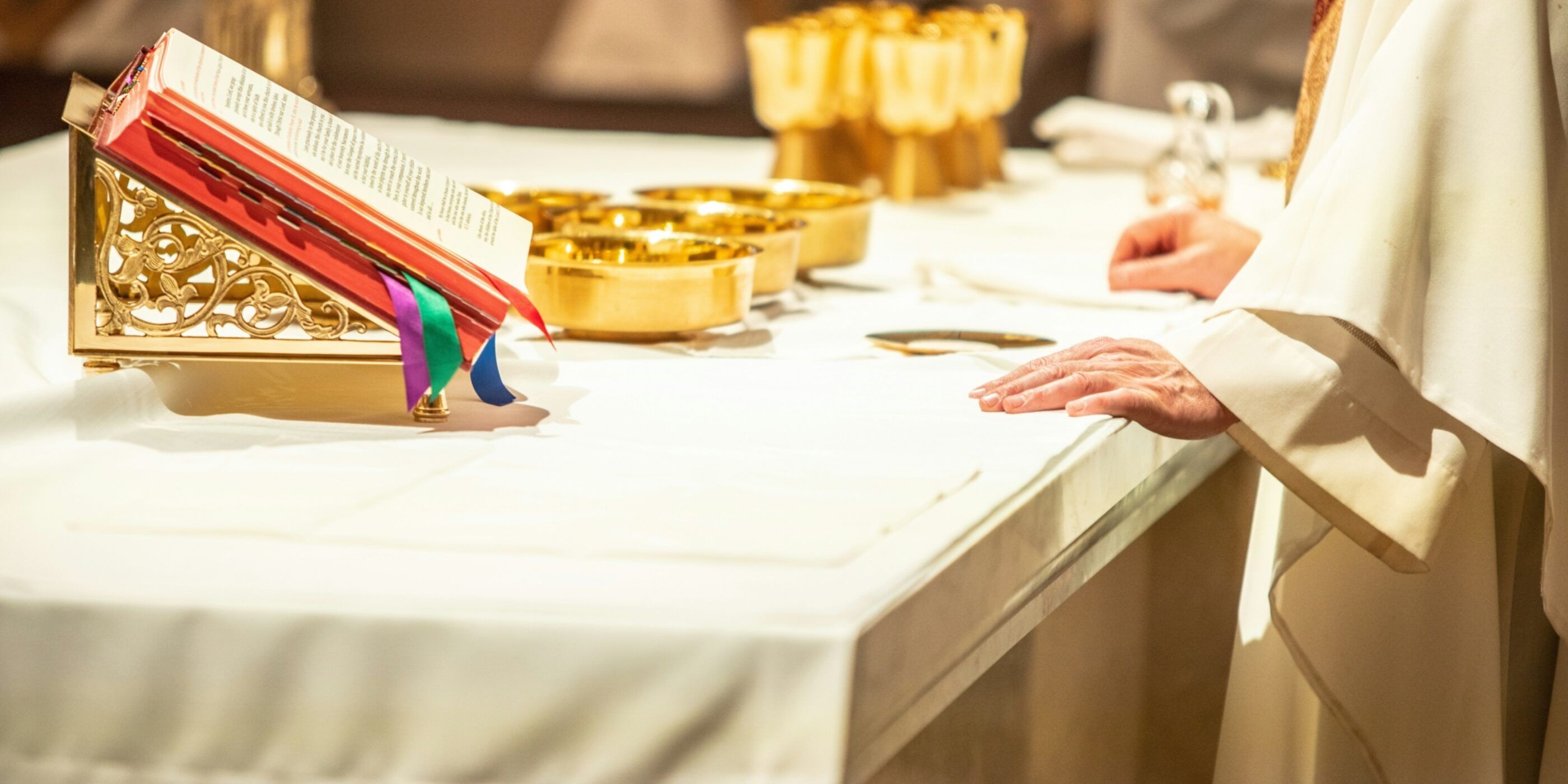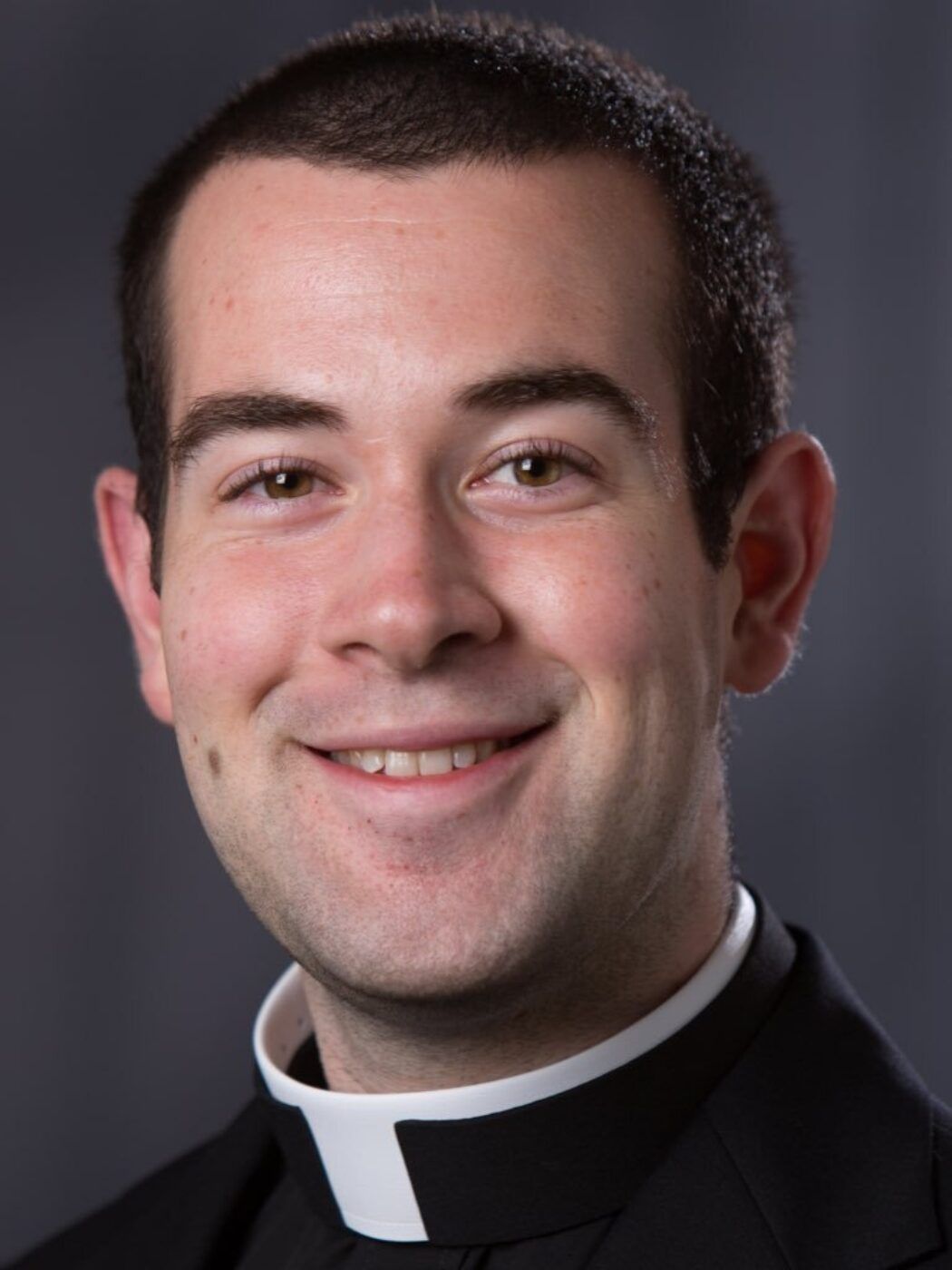Today Christ begins to address to us the words of his sermon on the Eucharist, known as the Bread of Life discourse. We’ll be hearing from this text in the sixth chapter of John’s Gospel for the next several weekends. Throughout, Jesus speaks quite clearly - “the bread that I will give is my flesh for the life of the world…whoever eats this bread will live forever.”
Those who heard Him understood quite clearly what He was saying, and it astounded them. It frankly disgusted them. The original Greek of John’s Gospel minces no words. When Christ speaks of giving His body to us as the Bread of Life, the Greek word is sarx, which means his fleshly tissue, sinews, muscle. Those who heard Him were largely repulsed because it sounds like cannibalism. What makes this different from cannibalism is the Resurrection. Christ’s body is alive and undivided. It is also a body which belongs to a divine Person, meaning that, unlike other food which we consume and make a part of us, when we eat the Eucharist, we become a part of Him. And when we are thus united to Christ’s divinity, we share in His Resurrection, meaning that indeed, we will live forever if we are united to Him, incorporated into His Body through Communion.
This is an undeniably awesome truth, but it also has to coexist with the fact that we are creatures of habit. When we do the same thing week after week, month after month, year after year, even the most extraordinary things can begin to seem normal, routine. When this happens, it’s time to stir back into flame the love and wonder which sometimes grow cool under the clouds of monotony.
To help reinvigorate our gratitude for the Eucharist, I would propose taking account of three moments in our approach to this Sacrament - before receiving, while receiving, and after receiving.

Before - It can be helpful, when you wake up on Sunday morning, in the quiet before waking up the kids and getting everyone ready, to stop and think for a second - what am I doing, and where am I going? I am going to Holy Mass, where I will receive Jesus Christ, the Bread of Life. The sentiments we might foster in this little moment of silence are perhaps best summed up by St. Thomas Aquinas, who wrote the following stanzas, known as O Sacrum Convivium - “O sacred banquet, in which Christ is received, the memory of his Passion is renewed, the mind is filled with grace, and a pledge of future glory to us is given.”
During - The most powerful insights into the truth of the Eucharist are found in the Church’s own words. By uniting ourselves with the words which the priest speaks in the person of Christ to God the Father, we are taken up into the eternal dialogue of Jesus and His Father. We realize that we are in the presence of something mysterious. We honor Christ’s real presence on the altar with our own bodies. This is why we kneel during the central part of the Mass. When we come to receive Him, we either reverently open our mouths to receive Him, or we make a throne for the Lamb by placing one palm over the other. As we go back to our seats, we can use that precious time to speak with Jesus from the heart, as one friend to another. In our own words. Or sometimes no words are necessary. We just abide with Him.
After - Just as before, a little mindfulness goes a long way. Later in the day, perhaps just before going to bed, you might ask yourself - What did I do this morning? I went to Mass and received Jesus as the guest of my soul. How blessed I am. And thankful that I received this special opportunity, this great mark of God’s love for us.
Before, during, and after - three moments of reflection for us as we approach the Eucharist each week, three chances to renew our love for the True Presence of Jesus in our midst. Three chances to truly accomplish that which is the work of God- to believe in the One He sent.


